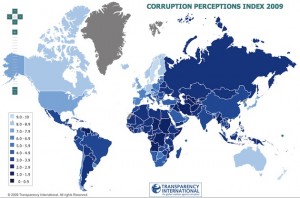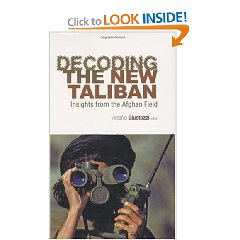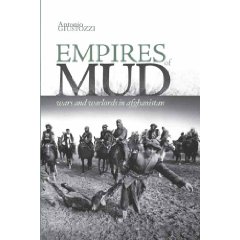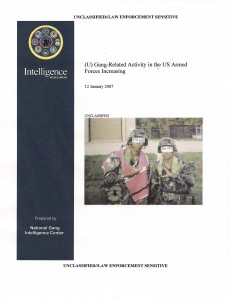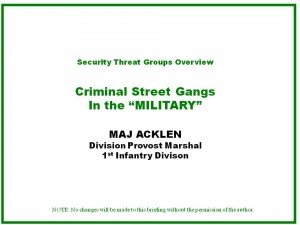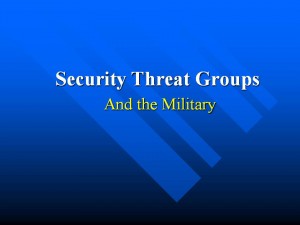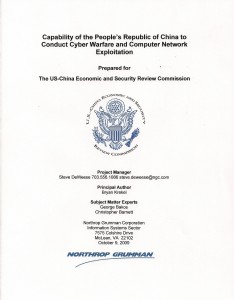
Phi Beta Iota: David Pozen, JD Yale 2007, has provided advance access to the complete draft on his paper forthcoming in the Stanford Law Review, and we are both appreciative of this offering, and impressed–deeply impressed–by this seminal work. At a time when the U.S. “security clearance” system is so totally hosed up (and 70,000 clearances behind) that we might do better with with “spin the bottle,” the author is highlighting the reality that most of the secrecy we buy with $75 billion a year in taxpayer funds is not really that important–not only have others, such as Rodney McDaniel, made it clear that 809% to 90% of all “official” secrecy is about turf protection and budget share rather than national security, but it is administrative secrecy rather than “deep secrecy” that is leveraged by a very few with their own informal system for assigning trust, generally at the expense of the larger mass of uninformed individual who are treated as “collateral damage” that is of little consequence. The download options are at the top of the linked page

